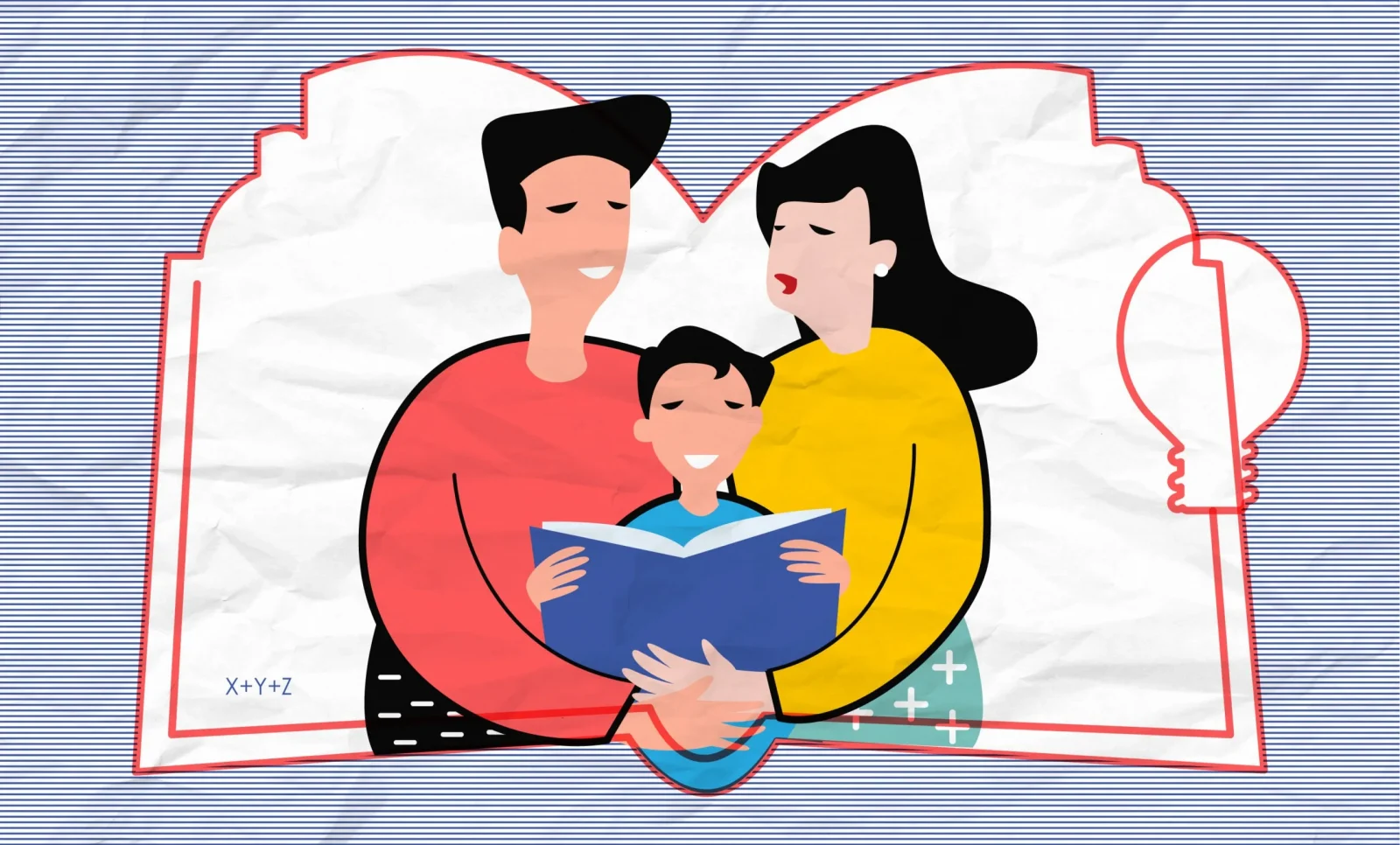Shan Cai from my childhood

As a ‘90s kid, I was in first grade when “Meteor Garden” was dubbed in Tagalog.
The sepia-toned cinematography, the extraordinary love story, and the series’ plot turned me into a hopeless romantic. I still remember the afternoon timeslot, how I shouted at my father to drive faster, and how I hurriedly changed into my home clothes, just in time to catch the opening song because I love singing along with it.
I was always frustrated by the long commercial breaks, eagerly waiting to see what would happen next. Every day, I was in Taipei, living through Shan Cai, feeling as if I were part of the series. She was brave and unafraid to challenge the powerful and privileged. She wasn’t just a character on the screen; she was someone I admired and wanted to be in my dreams.
And then, of course, there was F4. I had the biggest crush on Hua Ze Lei. I almost wished that he and Shan Cai would end up together in the end. But love stories have a way of surprising everyone, and Dao Ming Si, despite his arrogance, grew on me, too.
Like every other girl my age, I dreamed of four impossibly handsome men falling head over heels for me. I knew it wouldn’t happen in reality, but there was no harm in dreaming. I imagined myself walking the same streets, shouting the same name, and feeling the same heartbreaks—especially when Dao Ming Si forgot about Shan Cai after developing temporary amnesia. I cried with her.
I was young, and I believed that life would play out just like in the series—dramatic, romantic, and ultimately leading to a happy ending. After all, who wouldn’t want a happy ending?
But days turned into years, and what once felt so real became nothing more than a distant memory. The episodes that once defined my afternoons blurred into forgotten scenes, and the excitement I once felt became a mere whisper of the past. It was like flipping through a yellowed book, the ink fading, the words no longer as clear as they once were.
And then I heard the shocking news.
Barbie Hsu had died.
For a moment, the world just stopped. I didn’t know how to react. I wasn’t a family member or even someone who knew her personally, but she had been a significant part of my youth. Suddenly, my childhood felt like a blur.
I was taken aback. Was she really that old already? Then I looked at my reflection in the mirror and realized that I, too, was no longer that grade schooler who rushed home just to watch “Meteor Garden.”
The girl who once dreamed of love stories and meet-cute encounters was now an adult—with responsibilities, worries, and a reality far different from what she had once imagined. And in that moment, I mourned—not just for Barbie Hsu or the character she once played, but for the childhood that had long slipped through my fingers.
The sting of reality was sharp. It felt as if I had lost a part of myself.
Shan Cai was more than just a character. She represented an era of innocence, youth, and childhood, of believing in the impossible and wide-eyed wonder. With her passing, it felt as though the last thread tying me to that part of my life had been cut.
I scrolled through old photos, clips, and interviews on TikTok and other social media platforms. Her voice, her smile, the way she carried herself—it was all so familiar yet so distant. As the old melody played, I closed my eyes, and for a brief moment, I was back in that old living room, the television echoing softly.
But when I opened them, reality set in. The world had changed. I had changed.
Childhood has a cruel way of slipping away unnoticed. One moment, you’re holding onto a dream, and the next, you’re watching it fade, like an old, forgotten scene from a drama series. I suppose that’s what growing up is—learning to let go of the things that once made you whole.
Time moves us forward. We all grow up and experience change. Even though nostalgia can pull us back into the past, we can never truly return.
Yet, some things remain.
Until now, whenever I hear the theme song, I always find myself humming along; the lyrics that I can’t even pronounce are buried deep in my memory. I still smile whenever I see a meme about F4 or an old scene from “Meteor Garden.”
Perhaps this is what growing up truly means—not to let go completely, but learning to carry on with our past in a way that doesn’t hold us back. Even as we forge ahead into new chapters of our lives, we cherish all the memories we have.
Shan Cai will always be a part of me. She will always be that girl who stood up for herself, who dared to love without fear, who made me believe in something bigger than myself. But just like her, I, too, have stepped out of that world. And maybe that’s okay.
Because even though the letters on the page may fade, the story remains.
And though my childhood may be slowly fading away, some stories are worth remembering—no matter how much time has passed.

















